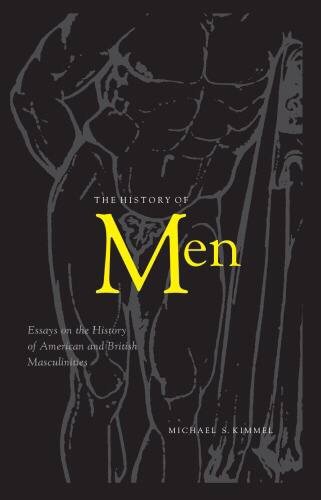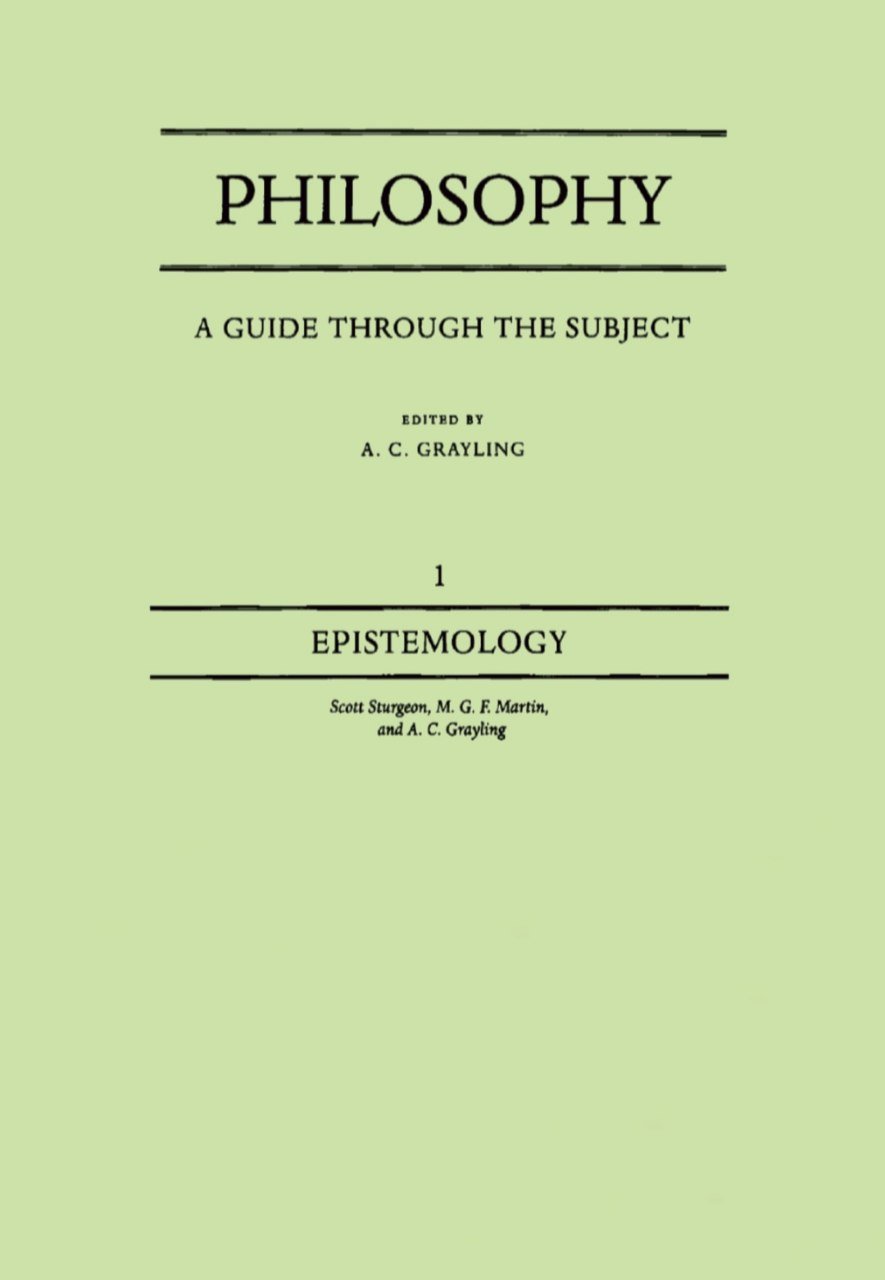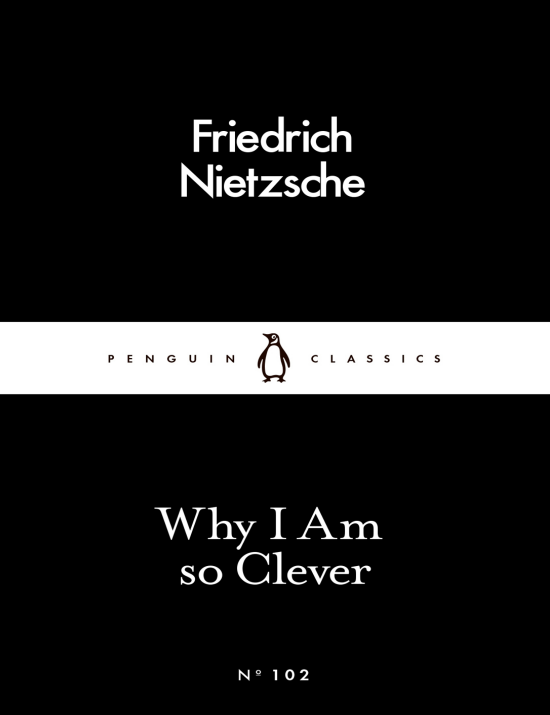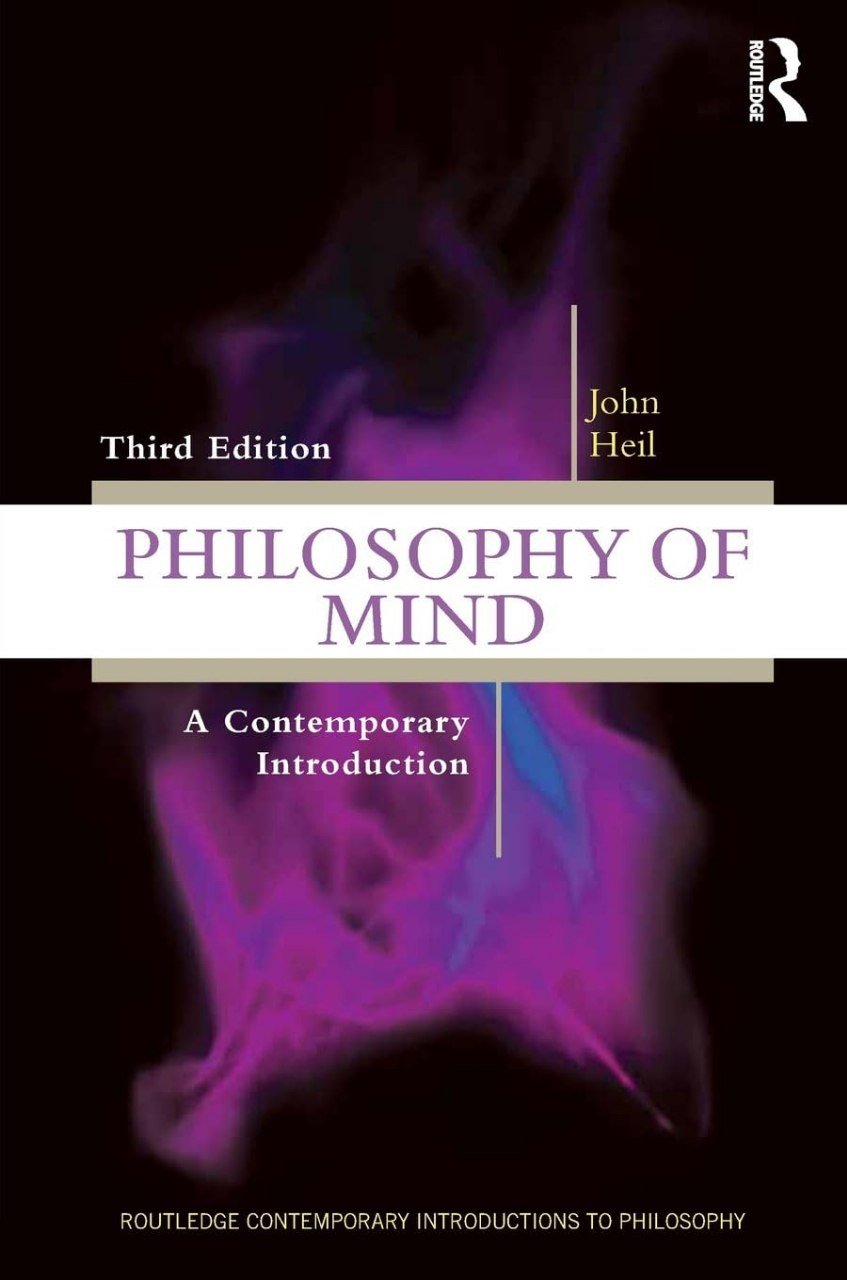

science and Hypothesis by Henri Poincaré
Reviews
No review yet. Be the first to review this book!
Description
Science and Hypothesis ✍🏼 Henri Poincaré (1902) 🔍 Overview: Science and Hypothesis is one of Henri Poincaré’s most influential works, blending philosophy, mathematics, and the foundations of science. First published in 1902, this book addresses fundamental questions about the nature of scientific knowledge, the role of mathematics, and the relationship between scientific theories and reality. Poincaré—a celebrated mathematician, theoretical physicist, and philosopher—explores how scientific theories are not purely objective truths but are often shaped by human conventions and choices. Poincaré was one of the first thinkers to systematically challenge the notion that science offers an exact representation of reality. Instead, he argued that science is built on conventions—agreements on how to structure knowledge rather than absolute truths. This book profoundly influenced the philosophy of science and prefigured later developments in conventionalism and structural realism. 🧠 Key Themes & Ideas: 1. The Nature of Scientific Theories: Poincaré argues that scientific laws are not absolute truths but conventions chosen for their simplicity and convenience. Scientific theories are frameworks we impose on experience to make sense of observations. They are judged by their usefulness, coherence, and ability to predict phenomena, not by their claim to absolute reality. 2. Conventionalism in Geometry: One of Poincaré’s groundbreaking ideas is that the choice between Euclidean and non-Euclidean geometry is not determined by experience but by convention. Space can be described by different geometric systems; we choose the one that is most convenient for describing physical phenomena. 🗣️ "Geometry is not true; it is advantageous." — Poincaré 3. The Role of Hypothesis: Hypotheses are essential in science, but not all hypotheses are equal. Poincaré distinguishes between: Natural hypotheses, which are suggested by experience. Conventional hypotheses, which are decisions about how to describe phenomena. Arbitrary hypotheses, which have no experimental foundation and should be avoided. 4. The Foundations of Mechanics: Poincaré examines Newtonian mechanics and questions whether its principles are empirical truths or conventions. He suggests that the laws of motion are not empirical statements but definitions that help organize experience. This insight anticipates later developments in the theory of relativity. 5. Mathematics and Logic: Mathematics, for Poincaré, is not just a collection of arbitrary rules. It is a product of human reasoning guided by logic but also by intuition. He challenges the purely formalist views of mathematics emerging in his time and argues for a more human-centered understanding of mathematical thought. 6. Probability and Science: Poincaré explores probability theory as a tool for dealing with uncertainty and disorder. He sees probability not as a measure of objective chance but as a way to quantify our ignorance about complex systems. 📚 Structure of the Book: Number and Magnitude Discusses the construction of numbers and the concept of continuity in mathematics. Space Explores the nature of space, comparing Euclidean and non-Euclidean geometries, and argues for conventionalism. Force Analyzes the concept of force in physics and its role in scientific explanation. Nature Hypotheses in Physics Examines various scientific hypotheses and their justification. The Theories of Modern Physics Addresses the developments in physics (such as electromagnetism) and critiques the ideas of absolute space and time. Energy and Thermodynamics Discusses the principle of conservation of energy and the laws of thermodynamics. Probability Looks into the role of chance and probability in science. Optics and Electricity Reviews experimental and theoretical developments in optics and electromagnetism. 🌍 Importance & Legacy: Science and Hypothesis influenced the development of the philosophy of science, especially conventionalism, structuralism, and pragmatism. His critique of absolute space and time prefigured Einstein’s theory of relativity. Poincaré’s work bridges mathematics and philosophy, offering insights into how human intuition shapes scientific reasoning. Philosophers like Rudolf Carnap, Hans Reichenbach, and even Einstein himself acknowledged Poincaré's influence on their thinking. 📝 In Short: Henri Poincaré’s Science and Hypothesis challenges the traditional view of science as a mirror of nature. He argues instead that scientific laws are conventions we adopt to make sense of the world. The book is a foundational text for anyone interested in the philosophy of science, mathematics, and the logical structure of scientific theories.


























.jpeg)







.jpg)

.png)

.jpeg)









.jpg)





.jpg)




.jpeg)
.jpg)




.jpg)








.jpeg)
.jpeg)



.jpg)




.jpg)
.jpg)





















































